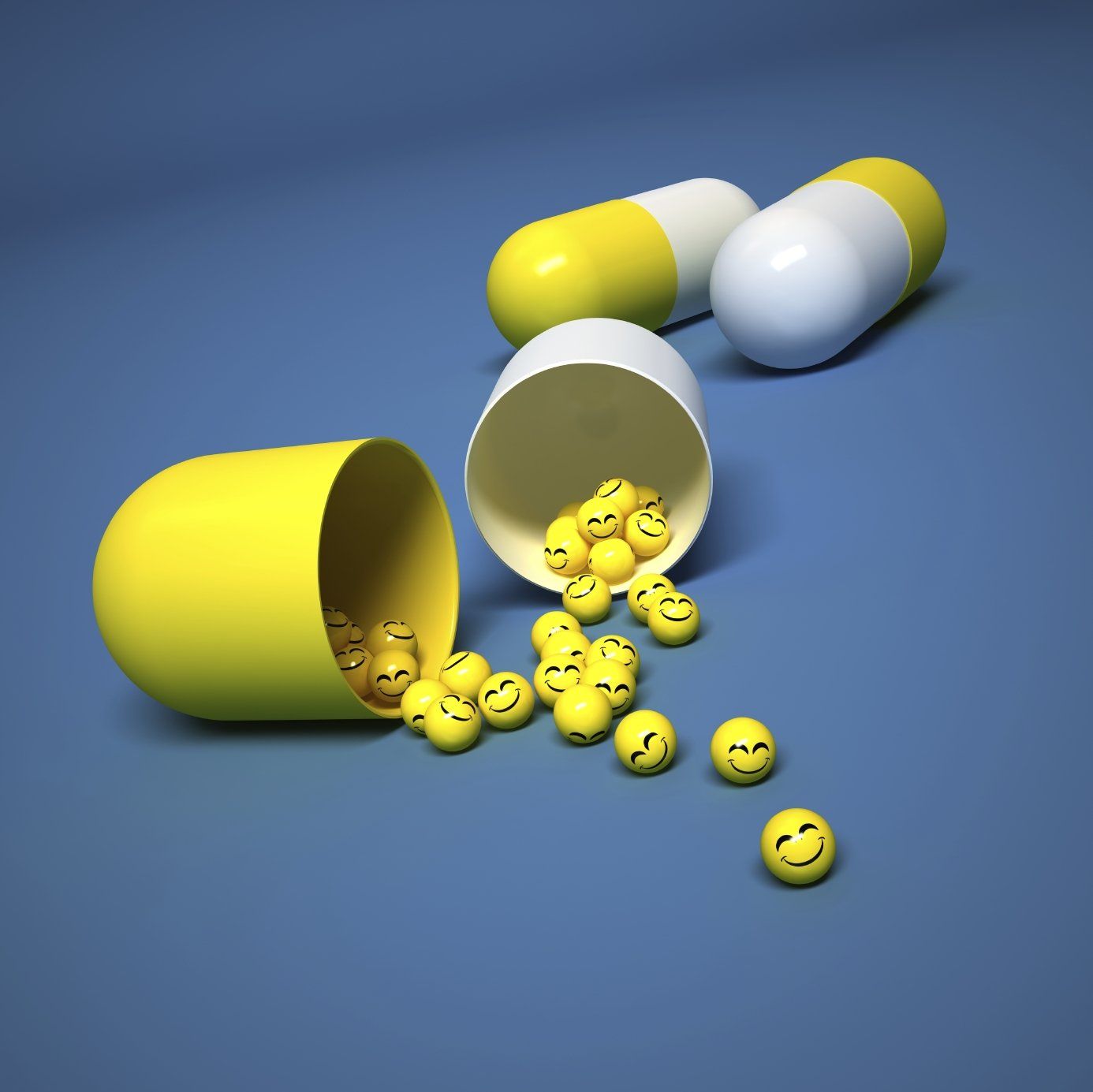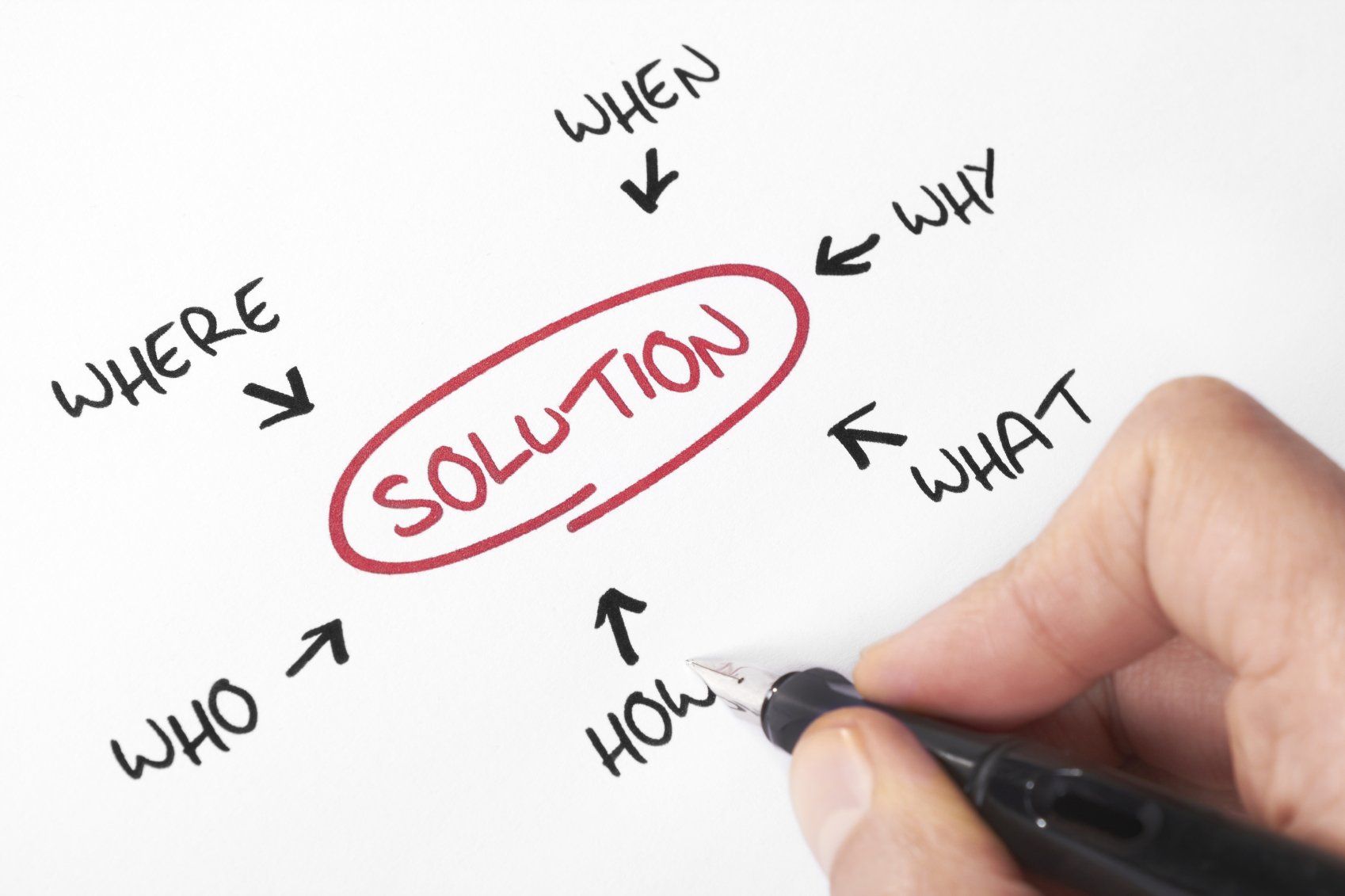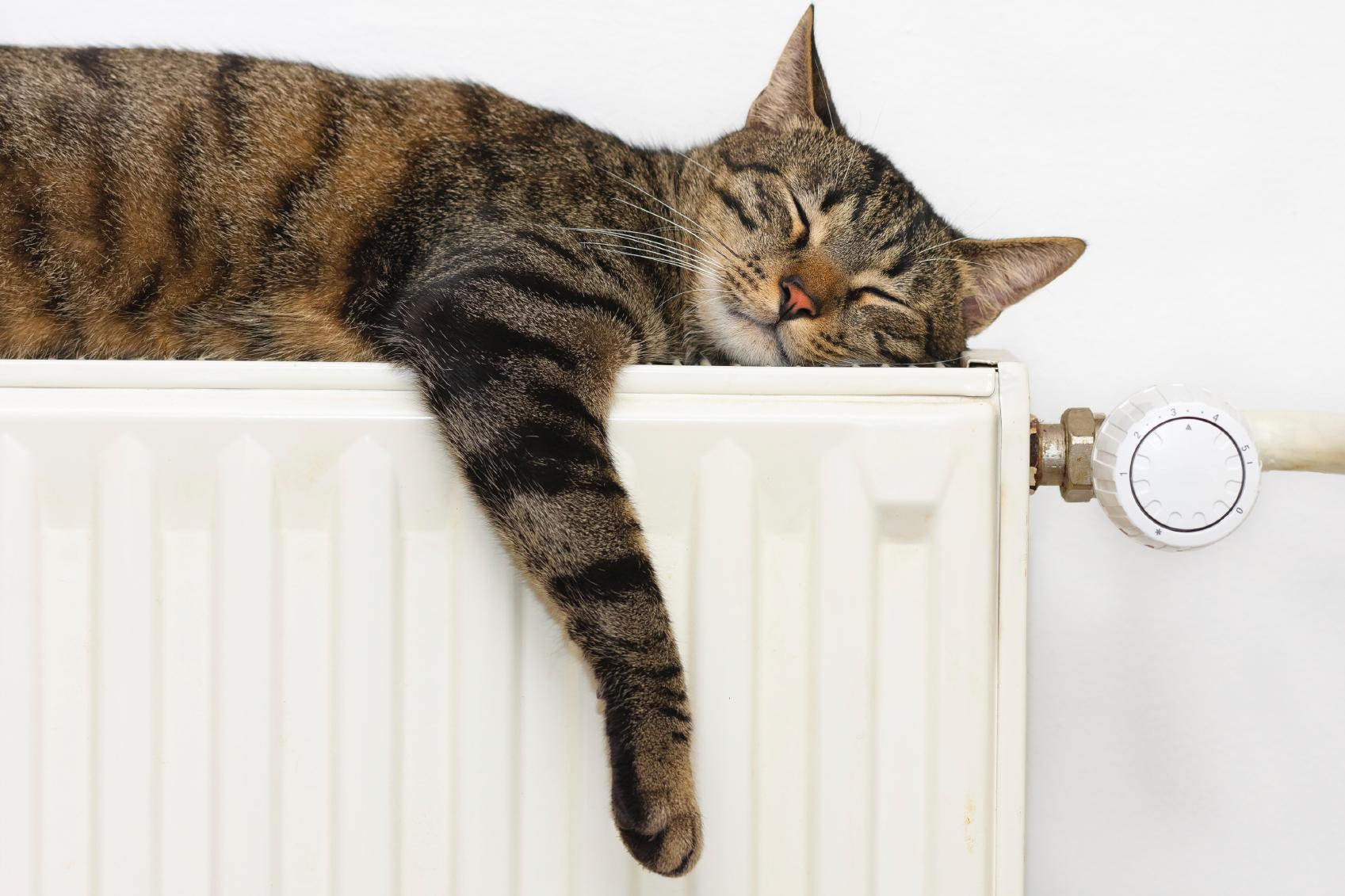Microdosing and ADHD
A New Approach to Managing Focus and Attention

What is ADHD?
ADHD (Attention Deficit Hyperactivity Disorder) is a neurodevelopmental condition that affects the brain’s ability to regulate attention, focus, and impulse control. People with ADHD often struggle with tasks that require sustained concentration and organization, and they may experience impulsivity and hyperactivity. While medications like stimulants (e.g., Adderall) are commonly prescribed to help manage symptoms, not everyone responds well to these treatments, and there’s often the risk of side effects.
How microdosing can help?
The idea behind microdosing for ADHD is that small doses of psychedelics can enhance neuroplasticity—basically, the brain’s ability to reorganize itself by forming new neural connections. Neuroplasticity is essential for learning, adapting, and maintaining focus. Research has shown that psychedelics like LSD and psilocybin can promote neuroplasticity, which is why microdosing might offer a more natural, sustainable solution for those struggling with ADHD.
Studies have suggested that psychedelics can help balance the brain’s neurotransmitter systems, including dopamine and serotonin—two key players in focus and attention. For someone with ADHD, this could mean improved concentration, better impulse control, and a reduction in the racing thoughts that often come with the condition
Studies on microdosing and ADHD
There are some compelling studies and anecdotal reports about the effects of microdosing on ADHD. For example, a study conducted in 2019 by The Multidisciplinary Association for Psychedelic Studies (MAPS) explored how psychedelics could help treat conditions like ADHD. While it mainly focused on larger doses, it opened up the discussion for how microdosing could have therapeutic effects on attention and focus without the intense effects of full-dose psychedelics.
Another study published in Frontiers in Psychology in 2021 examined the cognitive and emotional effects of microdosing, finding that participants reported increased focus, enhanced creativity, and improved mood. Though this study didn’t focus specifically on ADHD, many participants with ADHD-like symptoms reported significant improvements in their ability to manage distractions and stay engaged with tasks.
Additionally, some personal accounts and anecdotal reports from people with ADHD have highlighted significant benefits of microdosing, including a decrease in restlessness, improved ability to follow through on tasks, and a heightened sense of clarity and calm. Microdosing seems to help create a sense of “flow” or mental state where tasks feel easier and more manageable, even those that are typically difficult for someone with ADHD.

The science behind it
So, how does microdosing actually work to improve ADHD symptoms? Let’s break it down:
- Dopamine Regulation: One of the main challenges for people with ADHD is the brain’s inability to properly regulate dopamine, a neurotransmitter involved in reward and focus. Microdosing could potentially help balance dopamine levels, improving attention and reducing impulsivity.
2. Neuroplasticity: Psychedelics have been shown to stimulate the growth of new neurons and strengthen existing neural connections. For someone with ADHD, this could mean more efficient brain function and an enhanced ability to adapt and focus.
3. Increased Emotional Regulation: ADHD often comes with emotional dysregulation, where individuals may feel overwhelmed, frustrated, or easily irritated. Microdosing can help enhance emotional resilience and create a more stable emotional state, which can lead to improved focus and decision-making.
The potential of microdosing for ADHD
Microdosing offers a promising alternative for managing ADHD, especially for those who struggle with traditional treatments. While it’s not a miracle cure, it’s clear that the subtle effects of microdosing—when done responsibly and consistently—can help improve focus, creativity, and overall mental clarity.
For those considering this approach, it’s important to work with a professional who understands both ADHD and microdosing. It’s not about using psychedelics recklessly; rather, it’s about finding a well-balanced, thoughtful approach to supporting the brain’s natural capacity for growth and focus.
A final thought
The connection between microdosing and ADHD is still being explored, but the potential benefits are exciting. With more research and a deeper understanding of how psychedelics influence the brain, we could see a new era of treatment options that support neuroplasticity and cognitive flexibility in a safe and controlled way.
If you’re considering microdosing for ADHD, remember that it’s not a quick fix or a one-size-fits-all solution. It’s about experimenting with intention and finding what works best for your unique brain. And, as always, approach it with caution and guidance—because when done thoughtfully, microdosing could be a valuable tool in managing ADHD symptoms and unlocking your brain’s potential.
Want some inbox love?
Join my mailing list!




















